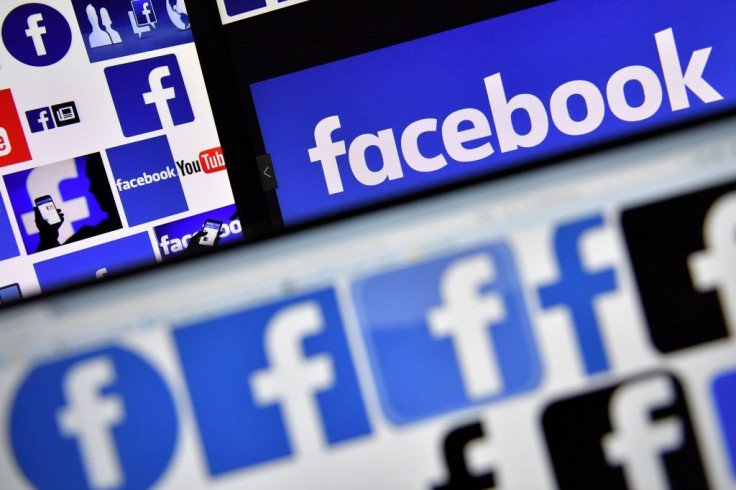Facebook Forecast App Will Use Experts To Predict Future: What You Need To Know
KEY POINTS
- Facebook has launched Forecast App to make predictions on a vast variety of subjects
- The predictions will be answered in a binary yes/no format
- It will tell users the probability of something happening, or not happening
- The app is currently available only on iOS
Facebook wants to make predictions with the help of experts and conduct polls on the platform to find out what the users think of the experts’ predictions. The company has launched a new app on iOS — the Forecast app, through which it wants to crowdsource predictions.
These experts will be recruited using an invite-only system for now and will be a part of a special Forecast community.
“We'll be approving users in batches, starting with members of the health, research, and academic community in the US and Canada,” the company’s website states.
Currently, experts from domains such as health can visit the website and join the waitlist for getting approval from Facebook. The format is simple. A question will be asked and 'forecasters' will be asked to answer in a yes/no format.
The company has posted many such polls on the Forecast website, most of which relate to current events. For example, one of the questions asked was whether the U.S. Presidential election would be fully or partially postponed. In a group of 65 forecasters, 96 percent voted that there was no chance of that happening. In contrast to that, when asked if there would be a second wave of COVID 19 cases in the U.S. in 2020, 56 forecasters predicted that there was a 95 percent chance of that happening.
The Forecast app seems like an experimental initiative. The company is taking up predictions at an interesting time — the leading social media platforms have come under the scanner for misinformation. Social media companies have started to label posts as misinformation, including those made by President Trump, triggering a storm on censorship.
In this environment, a social media company providing predictions on a multitude of subjects may be controversial, since these predictions are opinions, not approved research. The efficacy of the process of the selection of experts is also not known yet. Despite these issues, given the reach of the platform, these polls have the potential to influence users' opinions and even reinforce their previously held beliefs with these polls — an effect similar to the one it wants to curtail by labelling misleading posts as misinformation.
Rather than providing details about subjects, which should be a subject for wide discussion and research, Facebook has simplified predictions to a simple Yes/No format, which seems like too much simplification of complex subjects. For example, rather than providing a research paper on the occurrence of secondart waves of infections, all Forecast provides to the users is the information that the majority of its experts agree that there would be a second wave of COVID 19.
The predictions should be taken with a pinch of salt and should ideally come with a disclaimer that they are a mere survey of 'forecasters’ chosen by Facebook and not an authority on any subject.

© Copyright IBTimes 2024. All rights reserved.





















